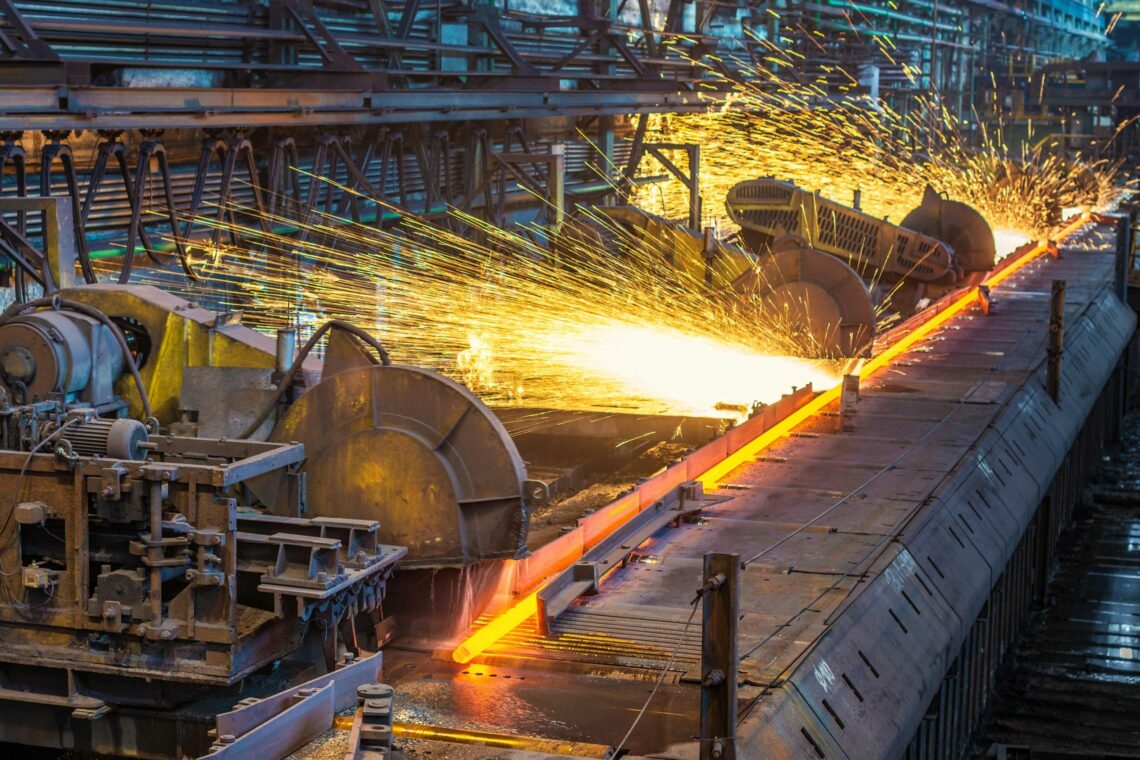For decades, every Nigerian regime in this democratic dispensation has promised to make the country an industrial powerhouse, a place where “Made in Nigeria” would not just be a slogan but a reality. Yet in 2025, local manufacturing remains trapped in a vicious cycle of high costs, poor infrastructure, and inconsistent policy. Nigeria, the fourth largest economy in Africa, still imports what it should be producing and exports what it should be refining.
The paradox is painful: a nation rich in raw materials but starved of production capacity. From steel to textiles, from auto parts to processed food, factories are closing faster than new ones are opening. According to the Manufacturers Association of Nigeria (MAN), more than 750 manufacturing firms either shut down or scaled back operations in the past two years, citing crippling energy costs, foreign exchange shortages, and policy unpredictability.
Manufacturing in Nigeria is not for the faint-hearted. Power supply is erratic, forcing firms to rely on diesel generators at exorbitant costs. The exchange rate, though “unified” on paper, remains volatile to some extent, complicating import planning for raw materials. Logistics are a nightmare, with congested ports, potholed highways, and multiple levies at every checkpoint inflating production costs.
The result is that Nigerian-made goods are often more expensive than imported alternatives, even before factoring in quality perception. A factory in Ogun State recently told a business forum that the cost of locally assembling a refrigerator is nearly 40 per cent higher than importing one from Turkey. “We want to produce, but the system punishes us for trying,” the factory owner said in frustration.
This broken chain has ripple effects across the economy. When industries shut down, jobs vanish, taxes shrink, and foreign exchange pressures worsen as imports rise. The economy becomes consumption-driven, vibrant in markets, weak in factories.
Part of the problem is inconsistency. Every administration has come with its own industrial blueprint, Vision 2020, the Nigeria Industrial Revolution Plan (NIRP), the Economic Recovery and Growth Plan (ERGP), and now renewed fiscal and trade reforms. Yet the core obstacles, power, ports, policy coherence, remain unresolved.
Industrialisation demands long-term commitment, not slogans. It requires stable exchange rates, cheap energy, predictable regulations, and patient capital. Nigeria’s fiscal and trade policies, however, often change midstream, discouraging investors who need a clear horizon. One year import bans are imposed, the next year they are lifted. The Central Bank restricts access to forex today and relaxes it tomorrow. These policy zigzags erode business confidence.
Countries like Vietnam and Bangladesh offer useful lessons. Both once faced similar structural barriers, weak infrastructure, low industrial base, and reliance on imported machinery. Yet they built export-driven manufacturing by combining targeted incentives, steady policies, and investment in infrastructure and skills. Nigeria, by contrast, keeps trying to industrialise through protectionism without productivity.
Tariff walls can shield local producers temporarily, but without efficient power, logistics, and financing, protectionism simply delays failure. What Nigeria needs is competitiveness, not comfort.
Industrial growth must also move beyond Abuja’s pronouncements. State governments have a critical role to play, by providing industrial clusters, reducing local levies, and ensuring security. Lagos and Ogun have shown that with infrastructure and incentives, investors will come. States like Kano, Kaduna, and Rivers can follow suit if they prioritise industrial parks and power solutions.
If Nigeria truly wants to break the cycle of dependence, three priorities are urgent: Fix the power problem once and for all. Reliable, affordable electricity is the lifeblood of industry. No economy can grow its manufacturing base on generators.
Stabilize the forex regime. Manufacturers need predictable access to foreign exchange to import machinery and raw materials without panic.
Reward production, not importation. Fiscal incentives should favour those who produce locally, not traders who profit from import mark-ups.
“Made in Nigeria” should mean pride, not pain. It should signal competitiveness, innovation, and resilience, not endurance under impossible odds. For now, Nigerian manufacturers are fighting a lonely battle in an uneven field.





